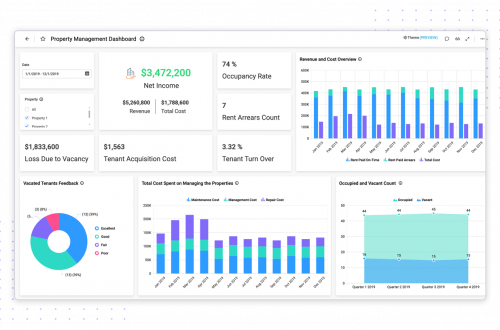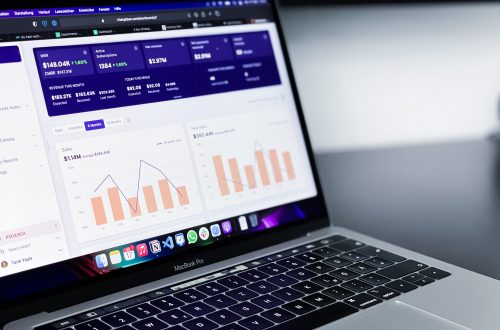
Manage Land-related Legal Disputes Through the Legal & Court Case Management Module on LAMS
In the realm of legal proceedings, the complexity of land-related litigation demands efficient and organized management. As the legal landscape evolves, so do the tools available to legal professionals. Enter the realm of legal and court case management modules, which have emerged as indispensable assets for streamlining land-related litigation processes. This blog delves into the transformative impact of these applications on land-related litigation and explores their key features, benefits, and future potential.
The Complexity of Land-Related Litigation:
Our land software (LAMS) has a court case module that encompasses a diverse array of cases, ranging from property disputes to zoning issues and environmental concerns. The multifaceted nature of these cases necessitates a comprehensive approach to case management. Traditional methods, reliant on paper documentation and manual processes, can lead to inefficiencies, delays, missing and errors. This is where legal and court case management modules in a land software step in, offering an integrated and systematic solution for land owners and their lawyers.
Key Features of Legal and Court Case Management Module:
- Document Management: Centralized storage in LAMS software and organization of legal documents, case records, and evidence significantly reduces the risk of misplacement or loss. These applications often provide version control and access controls to ensure data security and integrity.
- Calendar and Deadline Management: Civil litigation involves numerous deadlines, hearings, and appointments. Case management applications include robust calendar functionalities to help legal professionals stay on top of critical dates and timelines.
- Task Assignment and Collaboration: Collaboration among legal teams is pivotal. These applications allow for task delegation, real-time updates, and communication, promoting efficient teamwork even when team members are geographically dispersed.
- Data Analysis and Reporting: Legal professionals can harness the power of data analytics to gain insights into case trends, track progress, and make informed decisions. Customizable reporting tools enhance strategic planning.
- Communication Tracking: Maintaining a record of all communication related to a case is essential. Many applications enable tracking of emails, notes, and other correspondence for a comprehensive audit trail.
- Secure Access: LAMS is a Cloud-based platform that offers ISO/IEC 27001 & AES secure access to case-related information from anywhere, promoting flexibility without compromising data security.

Benefits of Implementing Legal and Court Case Management Applications:
- Enhanced Efficiency: Automation of routine tasks, flawless communication with all team members, reduces manual labor and accelerates the land litigation process.
- Improved Organization: Centralized storage and intuitive categorization facilitate easy retrieval of case-related information, reducing the time spent searching for documents.
- Minimized Errors: Automation reduces the risk of errors from manual data entry, ensuring accuracy in documentation and proceedings.
- Cost Savings: While there’s an initial investment in adopting such applications, the long-term benefits, including reduced administrative costs and improved resource allocation, often outweigh the upfront expenses.
- Client Satisfaction: Faster case progression and transparent communication enhance client satisfaction, fostering trust in legal services.
The Future of Legal and Court Case Management Applications:
As technology continues to advance, the future holds exciting possibilities for legal and court case management modules in the Land Software(LAMS). These might include:
- AI-Powered Predictive Analytics: Machine learning algorithms could predict case outcomes based on historical data, aiding attorneys in making informed decisions and devising effective strategies.
- Blockchain Integration: Blockchain technology could enhance data security, transparency, and trust in case management, especially for sensitive land-related matters.
- Virtual Reality Courtrooms: Virtual reality platforms might enable remote participation in hearings and depositions, revolutionizing the concept of courtroom attendance.
Conclusion:
The landscape of land-related litigation is transforming, largely driven by the adoption of legal and court case management modules. These applications empower legal professionals to navigate the complexities of land-related cases with heightened efficiency, accuracy, and collaboration. As technology advances further, the future promises even more innovative solutions, cementing the role of these applications in shaping the future of legal practice.

Currently heading the Business Development at CyberSWIFT, Dip is a Creative, Collaborative, Solution-Oriented Technologist, who is passionate about providing a Win/ Win situation to both Client and Company. With 10+ years of experience in the IT & Geospatial Industry, he has been in different shoes at different times viz. Strategic Business Development, Direct Sales, Project Management, Solution Architect, etc.





